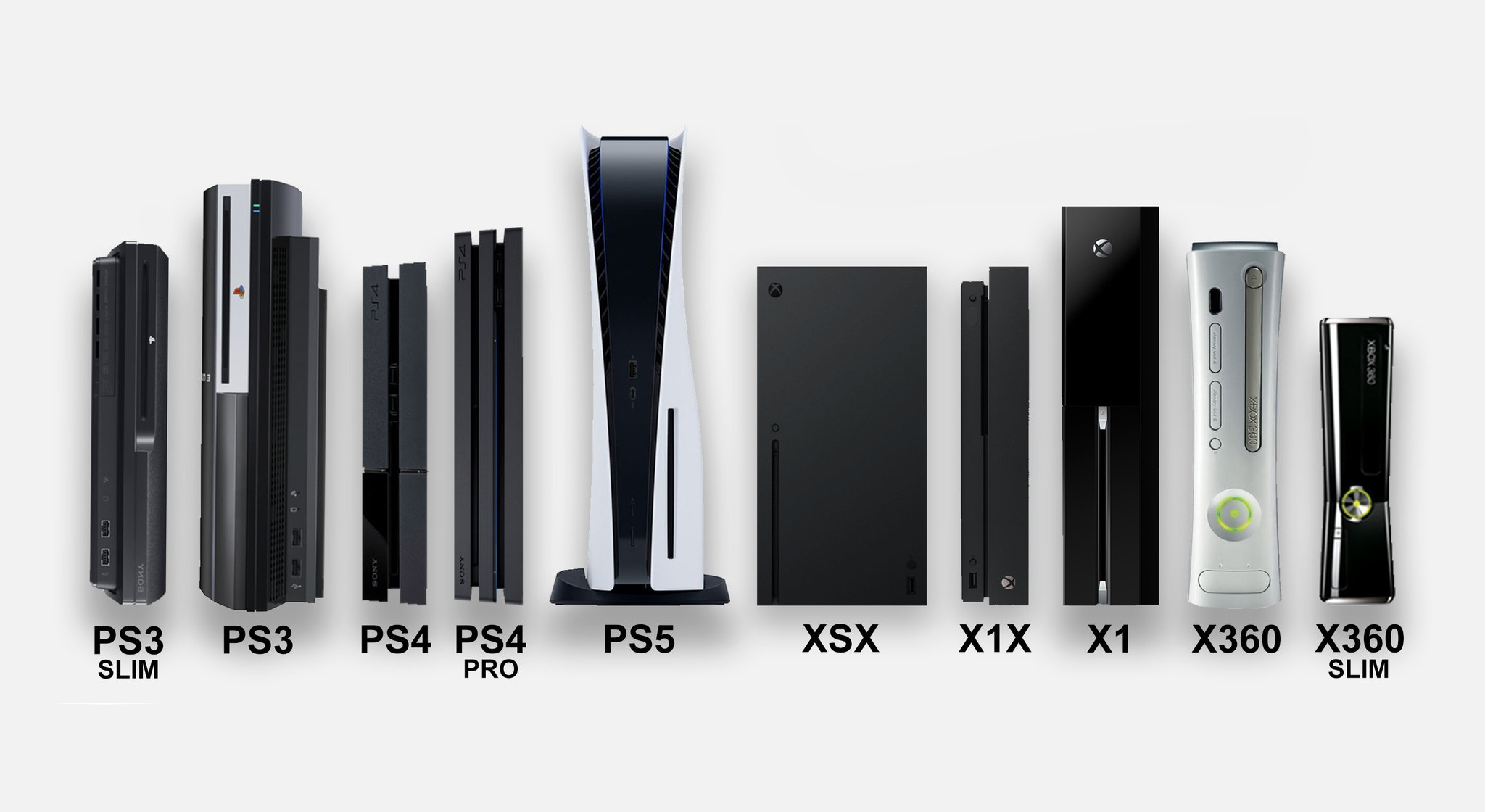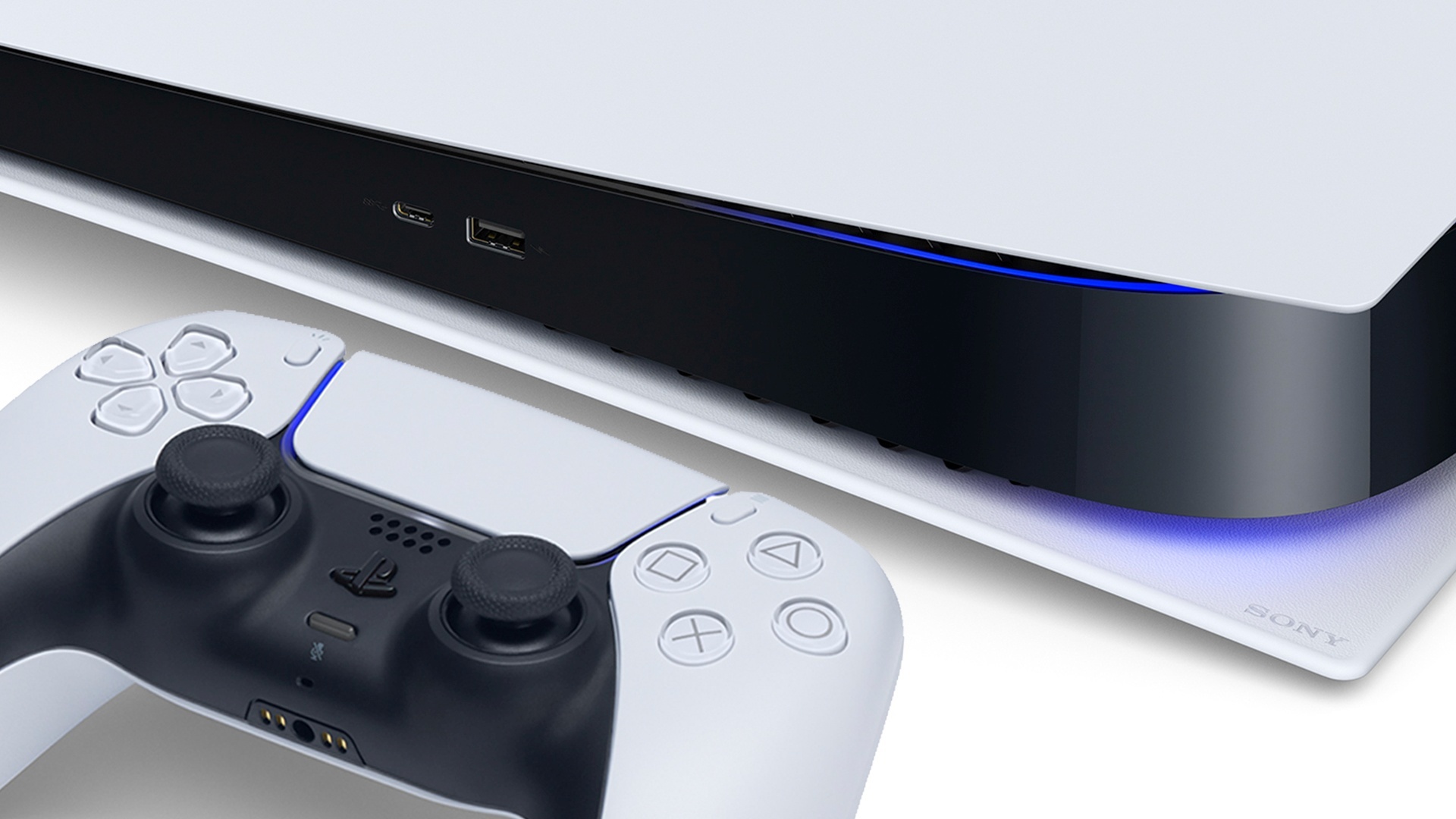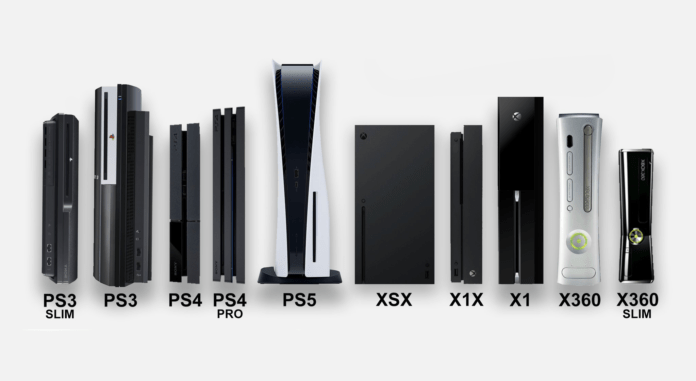Table of Contents
which PlayStation 5 console should you choose PS5 vs PS5 Digital Edition in 2022
However, there are two models of the PlayStation 5 to choose from, which can make deciding which one is right for you a little confusing. There’s the PS5 and the PS5 Digital Edition. So which one should you buy?
For many, the PS5 is the obvious choice. It has a 4K Blu-ray drive and it’s a solid upgrade over whichever console you currently have. But don’t dismiss the PS5 Digital Edition just yet. If you’re keen to save some cash you might prefer the PS5 Digital Edition, which is different from the PS5 in that it’s completely disc-less and you can only buy games for it digitally.
The question of which one is right for you, then, is something only you can answer. It depends on your playing preferences, how you feel about physically owning your games over owning them digitally, and your budget. But don’t worry, we’re here to help you decide which PlayStation 5 is for you.
However, before you get excited about your dream console, let’s talk about the problems with both versions of the PS5: they’re difficult to find. Due to chip shortages, pandemic-related delays and a whole host of other reasons, both versions of the PS5 are currently in short supply almost everywhere.
But stock issues aside for now, the big question is: although it’s cheaper, is the PS5 Digital Edition right for you? Does anyone truly need a 4K Blu-Ray drive in today’s digital world?
We’ve got all the details below that you need to make the right decision for you. In this guide, we’ve compared the PS5 to the PS5 Digital Edition in every area, from price to specs.
- US-only: PS5 restock tracker
- Our PlayStation 5 verdict is in: read our PS5 review
- Best PS5 games: the top titles on PlayStation 5
- PS5 Digital Edition vs Xbox Series S: which digital-only console is right for you?
PS5 vs PS5 Digital Edition – prices and release dates
Let’s get the hardcore numbers out of the way first. How much do the two systems cost?
If you go for the standard PS5, the one that still eats up shiny Blu-ray discs for breakfast, it’ll cost you $499.99 / £449.99 / AU$749.95.
The PlayStation 5 Digital Edition (with its identical specs aside from the removal of the disc drive) comes in at $399.99 / £359.99 / AU$599.95.
Both versions of the console are available worldwide, with the PS5 released on November 12 in select territories, and November 19 for the rest of the world.
There’s a significant saving of $100 / £90 to be made if you go the all-digital route, then. But there are a few things to consider here.
Firstly, you’ll be losing out on the console doubling up as a 4K Blu-ray disc player, which is a nice added bonus for home cinema fans. Considering standalone 4K Blu-ray players cost several hundred dollars and/or pounds themselves, that’s a considerable chunk of cash saved.
Secondly, those with a disc drive will be able to take advantage of being able to swap, loan, borrow, and trade physical disc-based games with their friends and exchange stores. Over the course of a console’s lifespan, that could add up to considerable second-hand savings.
So what you may save now with the digital console may cost you over the course of a few years, since you’ll be paying whatever prices Sony and game publishers decide to set. That’s before taking into consideration the actual joy of owning a physical thing.

PS5 vs PS5 Digital Edition: specs
Here are the full official PS5 specs straight from Sony, including differences for both editions where noted. The two PS5 models are identical in terms of performance, a big difference compared to the Xbox Series X and Xbox Series S, which are much further apart in price. The only difference is that the more expensive PS5 console will have an Ultra HD Blu-ray disc drive – otherwise they use the same custom processor, and feature the same 825GB SSD.
CPU: x86-64-AMD Ryzen Zen 2, 8 Cores / 16 Threads, variable frequency, up to 3.5 GHz
GPU: AMD Radeon™ RDNA 2-based graphics engine, Ray Tracing Acceleration, variable frequency, up to 2.23 GHz (10.3 TFLOPS)
System Memory: GDDR6 16GB/448GB/s Bandwidth
Optical drive (base unit only): Ultra HD Blu-ray (66G/100G) ~10xCAVBD-ROM (25G/50G) ~8xCAVBD-R/RE (25G/50G) ~8xCAVDVD ~3.2xCLV
SSD: 825GB, 5.5GB/s Read Bandwidth (Raw)
PS5 Game Disc: Ultra HD Blu-ray, up to 100GB/disc
Video out: HDMI OUT port, support of 4K 120Hz TVs, 8K TVs, VRR (specified by HDMI ver.2.1)
Audio: Tempest 3D AudioTech
Dimensions: PS5: Approx. 390mm x 104mm x 260mm (width x height x depth)(excludes largest projection, excludes Base)
PS5 Digital Edition: Approx. 390mm x 92mm x 260mm (width x height x depth)(excludes largest projection, excludes Base)
Weight: PS5: 4.5kg
PS5 Digital Edition: 3.9kg
Power: PS5: 350W
PS5 Digital Edition: 340W
Input/output: USB Type-A port (Hi-Speed USB)USB Type-A port (Super-Speed USB 10Gbps) x2, USB Type-C port (Super-Speed USB 10Gbps)
Networking: Ethernet (10BASE-T, 100BASE-TX, 1000BASE-T)IEEE 802.11 a/b/g/n/ac/ax, Bluetooth 5.1
As mentioned, the solid state drive included with both consoles is the same, offering users 825GB of storage with a raw 5.5GB/s throughput (and up to 9GB/s worth of compressed data). You only get 667.2GB of usable storage, though, so space is at a premium. There’s a minor difference in weight and dimensions between the PS5 and its Digital Edition, but other than that they’re identical.
The PS5 runs off the third-generation AMD Ryzen chipset, with eight cores and the manufacturer’s new Zen 2 architecture and Navi graphics. On the visual side, the GPU features 36 compute units running at 2.23GHz and offering 10.28TFLOPs, while the PS5 packs 16GB of GDDR6 RAM with a bandwidth of 448GB/s. The console can pull off ray tracing – that is, advanced lighting that used to be the sole domain of pricey PC graphics cards. Expect fancy reflections in the games you love as a result of this addition.
3D audio is also a big part of the PS5’s offering, no matter which edition of the console you own – immersive 3D audio is powered by the Tempest Engine, which translates sound sources into the hundreds to create realistic audio.
The PS5 can support up to 8K resolution (though not until a firmware update arrives), which many players won’t need on their 1080p TVs. Whether all games will run natively in 8K is more of a question mark (we assume only the least graphically intensive titles will), but it means the console is future-proofed if you decide to buy a nicer TV down the line. In addition, the PS5 supports 120Hz refresh rates, allowing you to enjoy smoother games if they offer a higher framerate if you have an HDMI 2.1 compliant TV.
Most games won’t max out these possibilities in the short term – indeed, Spider-Man: Miles Morales offers a 60fps performance mode, which dials back visual effects to hit a higher framerate than the PS4’s usual 30fps.
Both consoles include a single wireless PS5 DualSense controller, which features adaptive triggers and haptic feedback that helps elevate the feeling of realism in your games.
Both consoles can also play PS4 games (although any physical copies you own won’t work on the PS5 Digital Edition), and you’ll be able to buy an external HDD for additional storage to play these older titles so you conserve the SSD space for PS5 software. You can’t store or play PS5 games from any external hard drives or SSDs yet, however.

PS5 vs PS5 Digital Edition games: they’ll be the same
This, thankfully, is the easy bit. Aside from the fact that one will play games from discs and the other exclusively from the console’s internal storage system, the PS5, and PS5 Digital Edition play exactly the same PS5 games, in exactly the same way.
With identical internal specs, you can enjoy 4K gaming at fast refresh rates on both the PS5 and its digital-only counterpart, so expect to see no difference in gameplay between the two.
Sony’s lined up some great exclusive titles to play on both machines at the time of launch, including Horizon: Forbidden West, God of War: Ragnarok, Final Fantasy 16, the Demon’s Souls remake, and the Miles Morales-enhanced Spider-Man for PS5. That’s before taking into account third-party titles like Cyberpunk 2077, Assassin’s Creed: Valhalla, and Resident Evil 8: Village.
Where things get a little murkier is in the backward compatibility front. Yes, the digital edition of the console will play PS4 titles – but it obviously won’t be able to play your existing, disc-based collection.
Instead, you’ll have to purchase them again, digitally. Sony is taking the sting out of that fact slightly with the introduction of its PlayStation Plus Collection perk for PS Plus subscribers, though. Going forward, the cost of the subscription of PS5 owners will also include access to free downloads of 20 top PS4 games, including God of War, Uncharted 4, and Bloodborne, among others. It’s a nice perk, and an instant PS5 library of games for newcomers to the console family. But it doesn’t do much to cover the hundreds of PS4 titles out there on discs for PS5 Digital Edition owners.

Verdict
It’s hard for us to make a call on financial matters. But if you’re an avid gamer without the cash to make the big jump to the top-tier PS5, by all means, go for the digital console. Next-gen gaming is sure to be a delight on that entry-level model, too, and it’s great that performance will be consistent across both.
But our gut feeling remains that, should you be able to afford it, you should opt for the standard, disc-based PS5 console. It’ll open you up to access the joys of 4K Blu-ray viewing (they look better than 4K Netflix streams, honest!), not to mention the potential money you’ll save over the years in trading disc-based games with your friends and at exchange shops.
One last thing to consider, too, is the grey area that is digital ownership – be that of music, films, or indeed games. When it comes to digital media, you don’t actually own a title in perpetuity. Should, in the year 2035 or some other distant date, Sony decides to switch off the PS5’s digital storefront distribution… where then will you re-download your games from?
Yes, the online elements of modern games mean that patches come frequently, and can sometimes be required before a game will even work. But if Sony’s servers ever get taken out due to unpredictable circumstances, it’s not quite as reassuring to have a solely digital games collection compared to a physical one.
And in the rare event that your discs ever stop working: at least you’ve got a nice case with box art to reminisce with…




